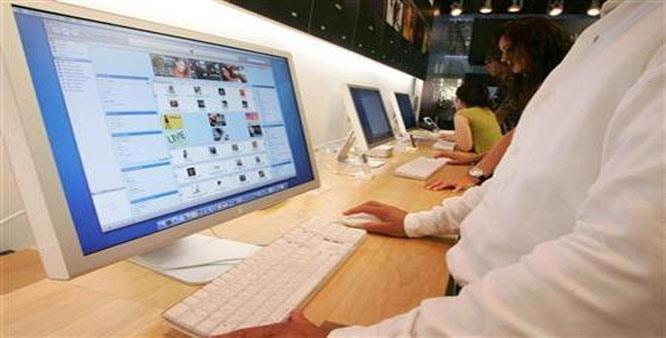Apple Inc has been ordered to pay USD 532.9 million after a federal jury found its iTunes software infringed three patents owned by Texas-based patent licensing company Smartflash LLC

Apple iTunes
New York: Apple Inc has been ordered to pay USD 532.9 million after a federal jury found its iTunes software infringed three patents owned by Texas-based patent licensing company Smartflash LLC.
ADVERTISEMENT
Though Smartflash had been asking for $852 million in damages, the verdict, which came late Tuesday night, was still a costly blow for the U.S. tech giant, the most valuable company in the world.

After deliberating for eight hours in the U.S. District Court for the Eastern District of Texas, the jury said that Apple not only used the Smartflash patents without permission, but did so willfully.
Apple suggested the outcome was another reason why reform is needed in the patent system to curb litigation by companies that do not make products themselves, such as Smartflash.
"We refused to pay off this company for the ideas our employees spent years innovating and unfortunately we have been left with no choice but to take this fight up through the court system," an Apple spokeswoman said in a statement to Reuters.
A representative for Smartflash could not immediately be reached.
Smartflash sued Apple in May, 2013 alleging the Cupertino, California-based company's iTunes software infringed its patents related to accessing and storing downloaded songs, videos and games.
The trial was held in Tyler, the hub of the East Texas region, which over the past decade has become a focus for patent litigation in the United States. Some of the biggest jury verdicts have been awarded in the district. Smartflash is also based in Tyler.
Apple tried to avoid a trial by having the lawsuit thrown out. But earlier this month U.S. District Judge Rodney Gilstrap, who presided over the case, ruled that the Smartflash's technology was not too basic to deserve the patents.
That ruling set the stage for a trial. Apple argued that it did not infringe the patents and asked the jury to find they were invalid because previously patented inventions covered the same technology.
Smartflash's suit said that around 2000, the co-inventor of its patents, Patrick Racz, met with a man named Augustin Farrugia to discuss the patents' technology. Farrugia, the complaint said, later joined Apple and became a senior director there.
 Subscribe today by clicking the link and stay updated with the latest news!" Click here!
Subscribe today by clicking the link and stay updated with the latest news!" Click here!







